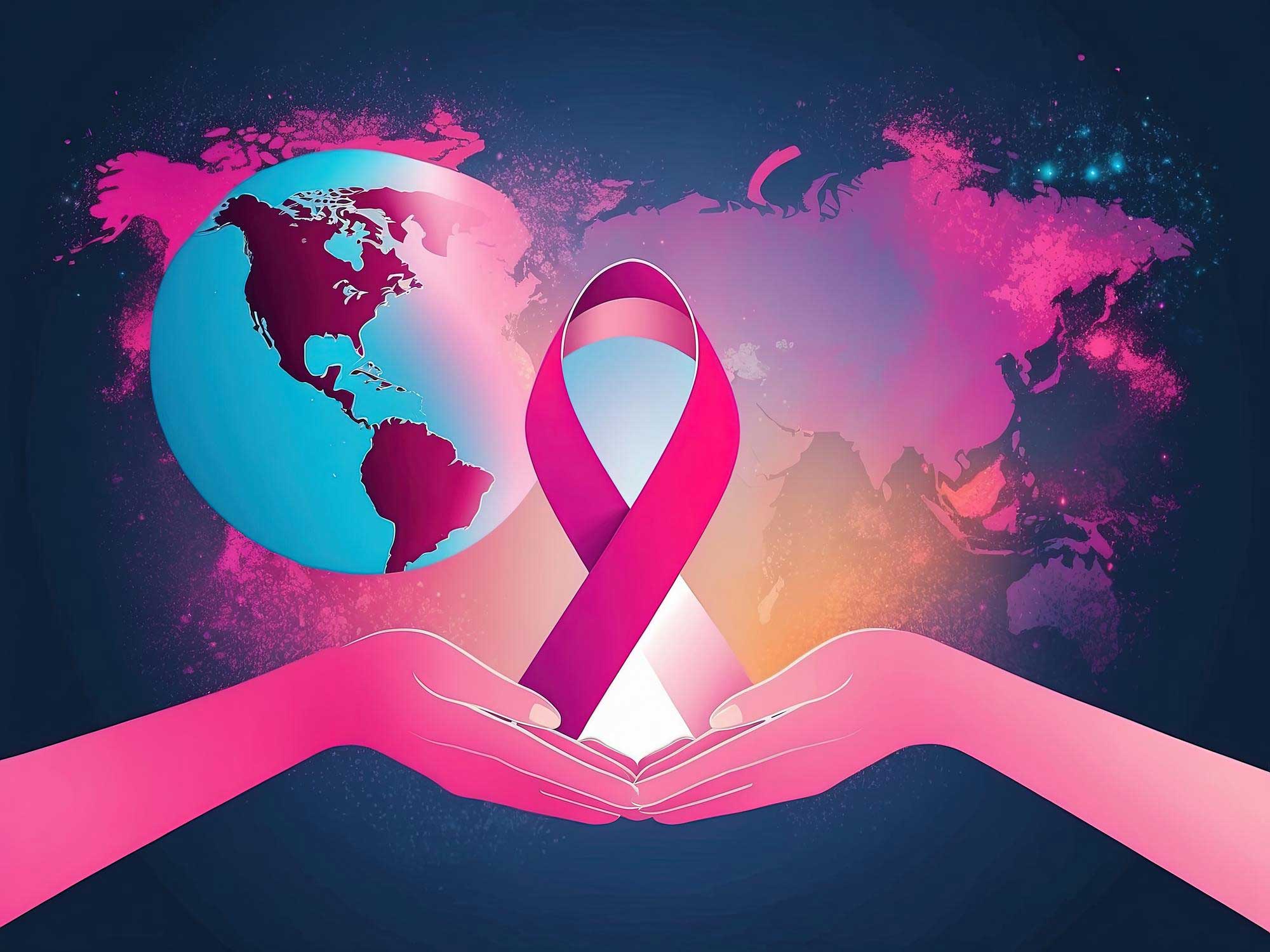side effects you should know
Many individuals may not be aware that there are various chemotherapy drugs, each with its own potential side effects. It’s essential to inquire about the common side effects associated with the specific chemotherapy medications prescribed to you. In the context of breast cancer, there are several general side effects that many women commonly encounter:
-
Prickly or Painful Scalp: This discomfort often accompanies hair loss but typically improves once all hair has shed.
-
Chemo Brain: Characterized by difficulty concentrating and memory challenges.
-
Loss of Appetite or Taste Changes: Many experience alterations in appetite, with certain foods becoming less appealing or tasting differently (such as metallic or bland flavors).
-
Mouth and Throat Changes: Dry mouth, mouth sores, and gum sensitivity are common.
-
Hot Flashes
-
Bone Pain and Muscle Aches
-
Dry Skin and Lips, Vaginal Dryness
-
Nausea and Vomiting: Bland, easily digestible foods like crackers and applesauce may help manage these symptoms, along with consuming smaller, more frequent meals.
-
Hair Loss: Typically begins a few weeks after the first chemotherapy treatment and affects hair all over the body, including eyelashes and eyebrows.
-
Respiratory Changes: Dripping nose, nasal congestion, increased sneezing, and watery eyes may occur.
-
Fatigue: Especially on the day of treatment and in the days following.
-
Digestive Issues: Constipation or diarrhea may occur.
-
Cardiovascular Changes: Heart palpitations or a rapid heartbeat.
-
Respiratory Symptoms: Shortness of breath, weakness, dizziness, or lightheadedness.
-
Easy Bruising
-
Increased Risk of Infection: Chemotherapy weakens the immune system, making individuals more susceptible to infections. Precautions like handwashing and avoiding sick individuals are crucial.
-
Smell Aversions
-
Neurological Symptoms: Tingling, burning, weakness, or numbness in the hands and feet.
-
Nail Changes: Discoloration, brittleness, or loss of nails may occur.
-
Fluid Retention
-
Lack of Balance
-
Tremors or Shaking
-
Abdominal Discomfort
-
Infertility: Chemotherapy can impact ovarian function, potentially leading to early menopause or temporary cessation of menstruation.
-
Mood Changes: Depression may occur during or after chemotherapy.
Following the completion of chemotherapy, it’s essential to practice patience as your body undergoes recovery. While it may take several months to regain your strength and feel like yourself again, the majority of individuals successfully navigate chemotherapy and return to their normal routines.

